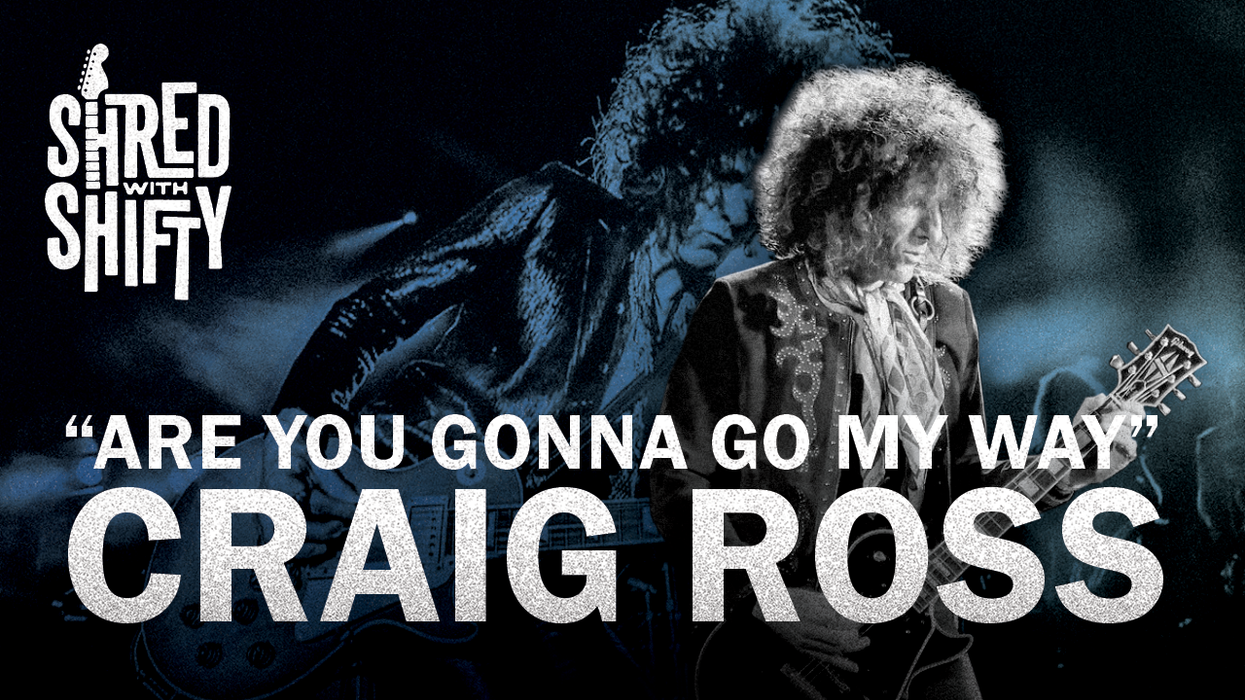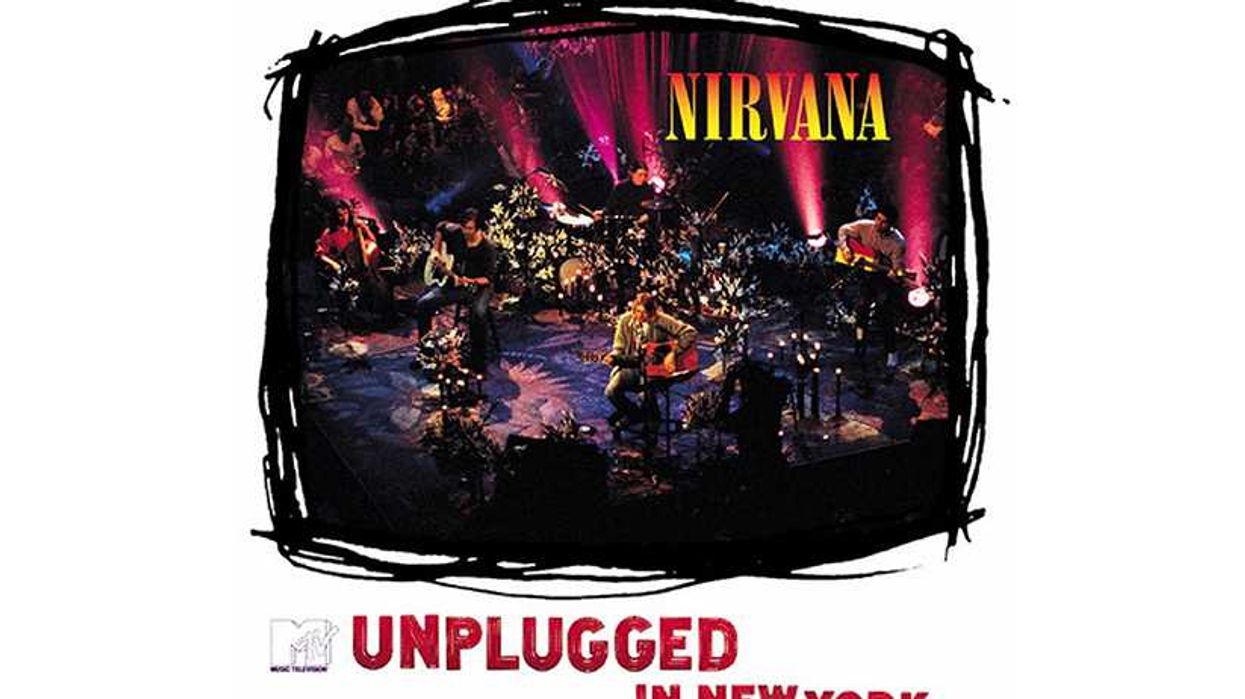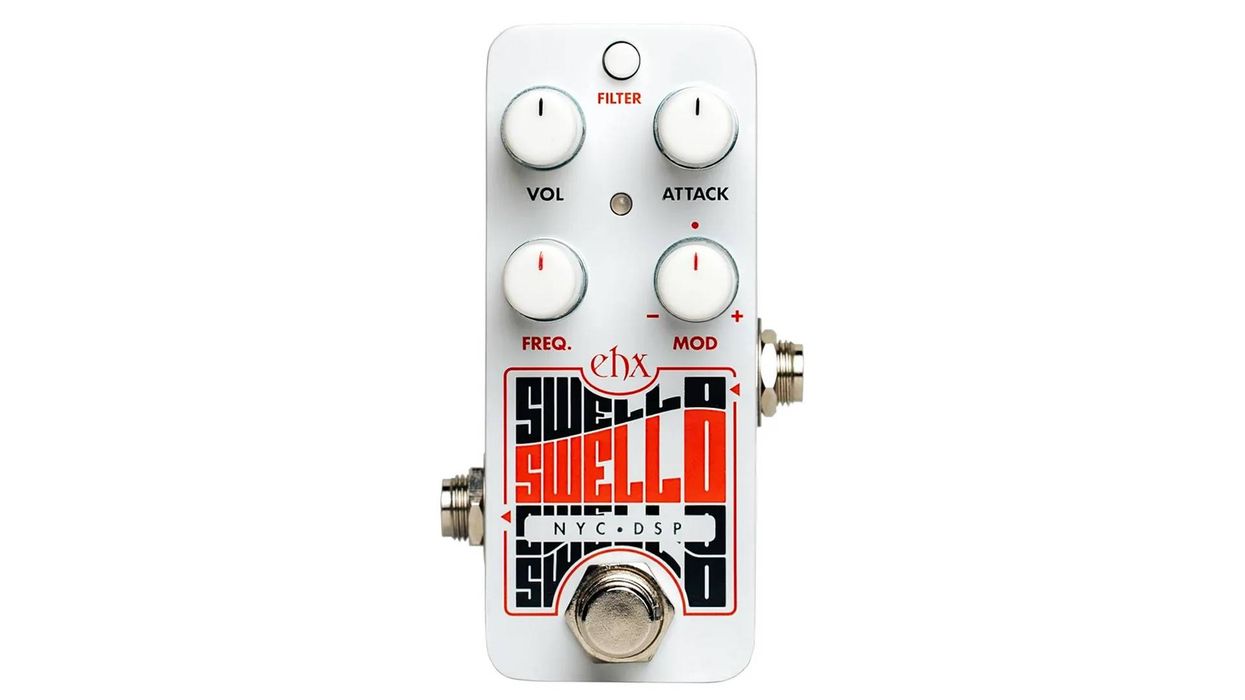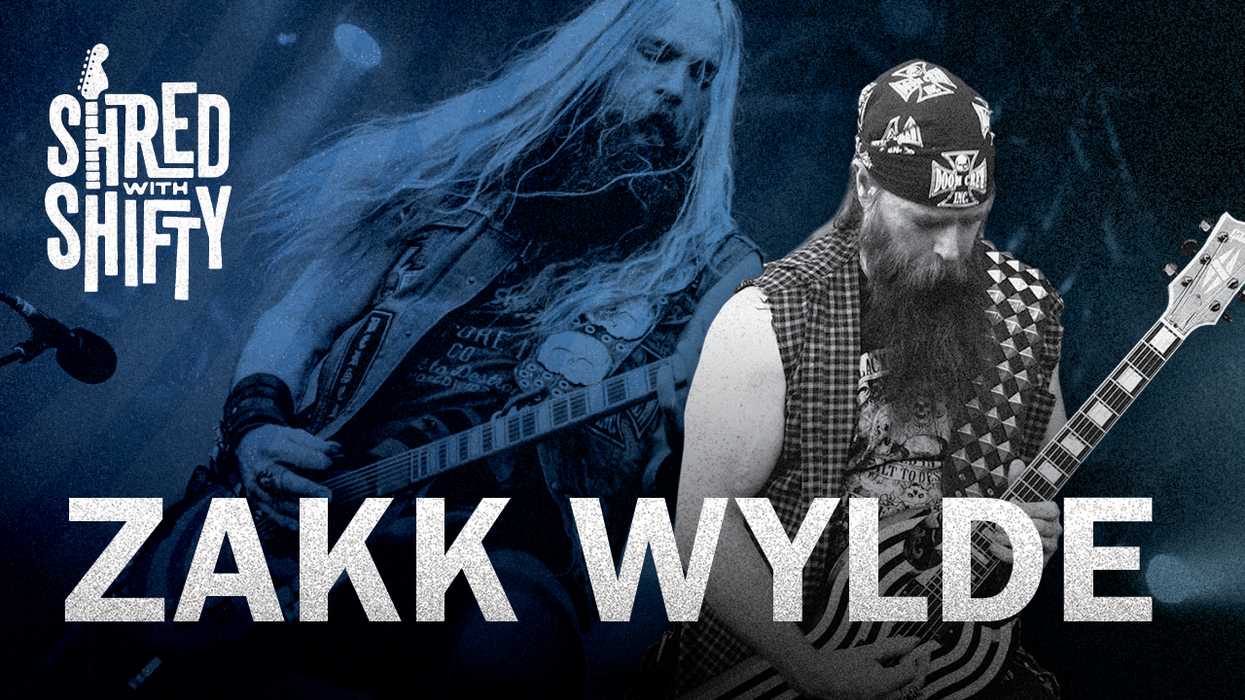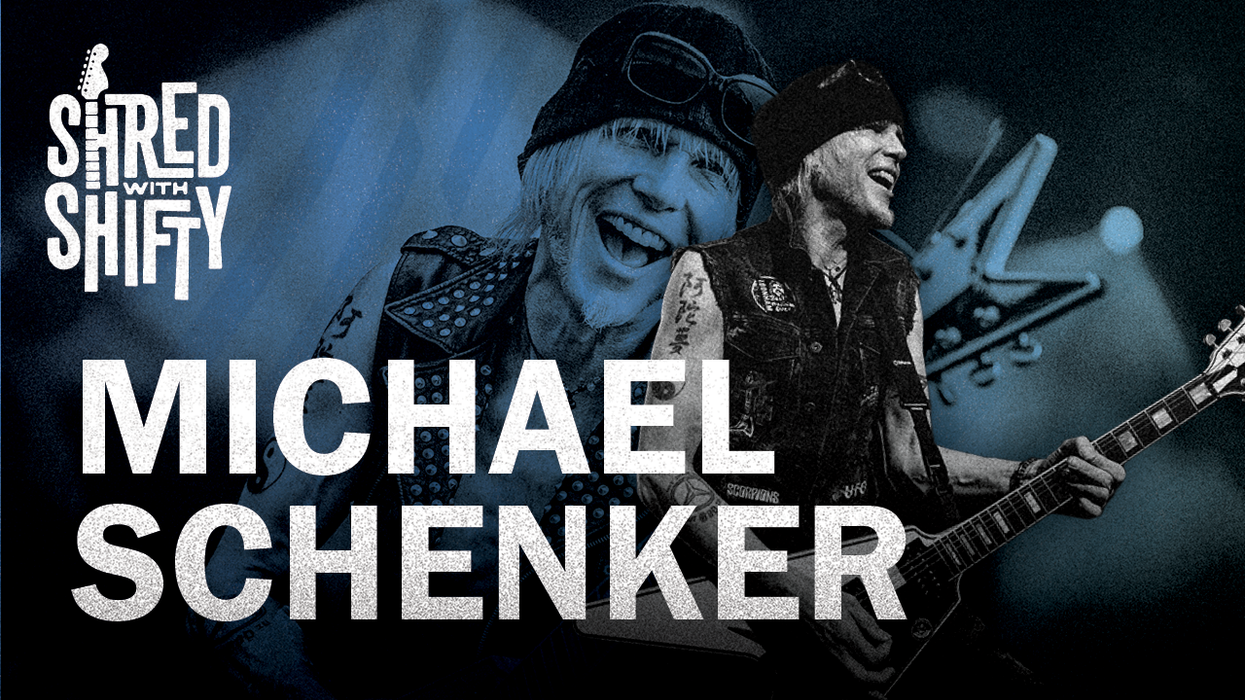Shifty’s biggest guitar hero joins the podcast to run down his unique lead picking on the 1977 Love Gun hit.
Ace Frehley is the reason Chris Shiflett picked up a guitar in the first place, so it’s only natural that Shifty invites his original tone teacher onto the pod to recap one his iconic solos. Frehley, saddled with a classic black-and-cream triple-humbucker Les Paul, shares that “Shock Me” was the first KISS track on which he took lead vocal duty. The first time he sang it live, he remembers, was in front of 18,000 screaming fans at Madison Square Garden. As Frehley explains, that was quite a step up from how he recorded the vocals in the studio for Love Gun: lying flat on the floor on his back, racked with stage fright.
Frehley recalls that he ripped most of his solos through a dimed Marshall stack, and always on the bridge pickup. Turns out, he never went for pedals or boards because he’d trip over them onstage. “Wearing those boots?” he snorts. “Forget about it. It’s like a minefield!” His signature sauce, he says, is in the way he picks the strings: He holds his picks loose, but plucks in such a way that his thumb often hits the string at the same time, producing a sound just shy of a pinched squeal, but more spunky than a regular strike.
Frehley drops tons of golden bits of KISS history: the engineering behind his famous “smoke bomb” effect, the time he woke up in Paris with his eyes swollen shut from makeup, how he accidentally roadied for Hendrix, the shared genealogy between his technique and Eddie Van Halen’s, and which KISS member smelled the worst after shows.
Credits
Producer: Jason Shadrick
Executive Producers: Brady Sadler and Jake Brennan for Double Elvis
Engineering Support by Matt Tahaney and Matt Beaudion
Video Editors: Dan Destefano and Addison Sauvan
Special thanks to Chris Peterson, Greg Nacron, and the entire Volume.com crew.







